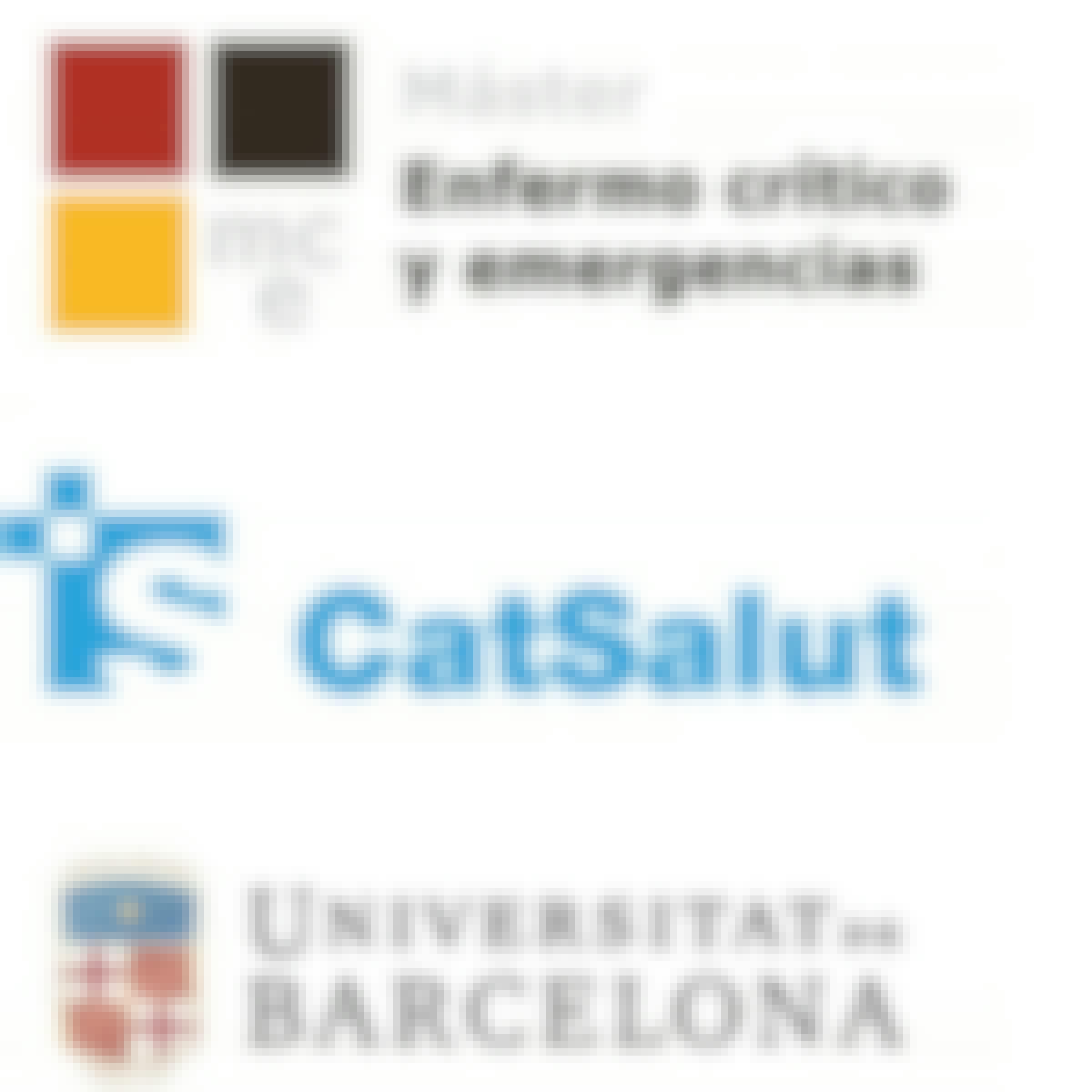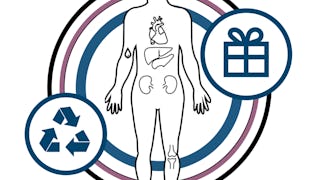Intensive Care Medicine
Filter by
SubjectRequired *
LanguageRequired *
The language used throughout the course, in both instruction and assessments.
Learning ProductRequired *
LevelRequired *
DurationRequired *
SubtitlesRequired *
EducatorRequired *
Results for "intensive care medicine"
 Status: PreviewPreviewU
Status: PreviewPreviewUUniversitat de Barcelona
Skills you'll gain: Critical Care, Intensive Care Medicine, Respiratory Care, Emergency and Intensive Care, Healthcare Ethics, Airway Management, Mechanical Ventilation, Personal protective equipment, Nursing and Patient Care, Patient Evaluation, Infection Control, Diagnostic Tests, Positive Airway Pressure (CPAP/BiPAP), Oxygen Therapy, Pain Management, Patient Communication, Clinical Monitoring, Pharmacology, Patient Positioning
4.8·Rating, 4.8 out of 5 stars200 reviewsAdvanced · Course · 3 - 6 Months
 Status: PreviewPreviewU
Status: PreviewPreviewUUniversity of Cape Town
Skills you'll gain: Informed Consent, Healthcare Ethics, Scientific Methods, Intensive Care Medicine, Diagnostic Tests, Patient Education And Counseling, Cultural Diversity, Critical Care, Ethical Standards And Conduct, Cultural Sensitivity, Patient Communication
4.8·Rating, 4.8 out of 5 stars1K reviewsIntermediate · Course · 1 - 4 Weeks
 Status: FreeFreeX
Status: FreeFreeXXi'an Jiaotong University
Skills you'll gain: Infectious Diseases, Infection Control, Epidemiology, Public Health and Disease Prevention, Preventative Care, Public Health, Hand Hygiene, Personal protective equipment, Diagnostic Tests, Hospital Medicine, Intensive Care Medicine, Immunology, Patient Treatment, Patient Evaluation, Microbiology, Diagnostic Radiology
4.5·Rating, 4.5 out of 5 stars359 reviewsBeginner · Course · 1 - 3 Months